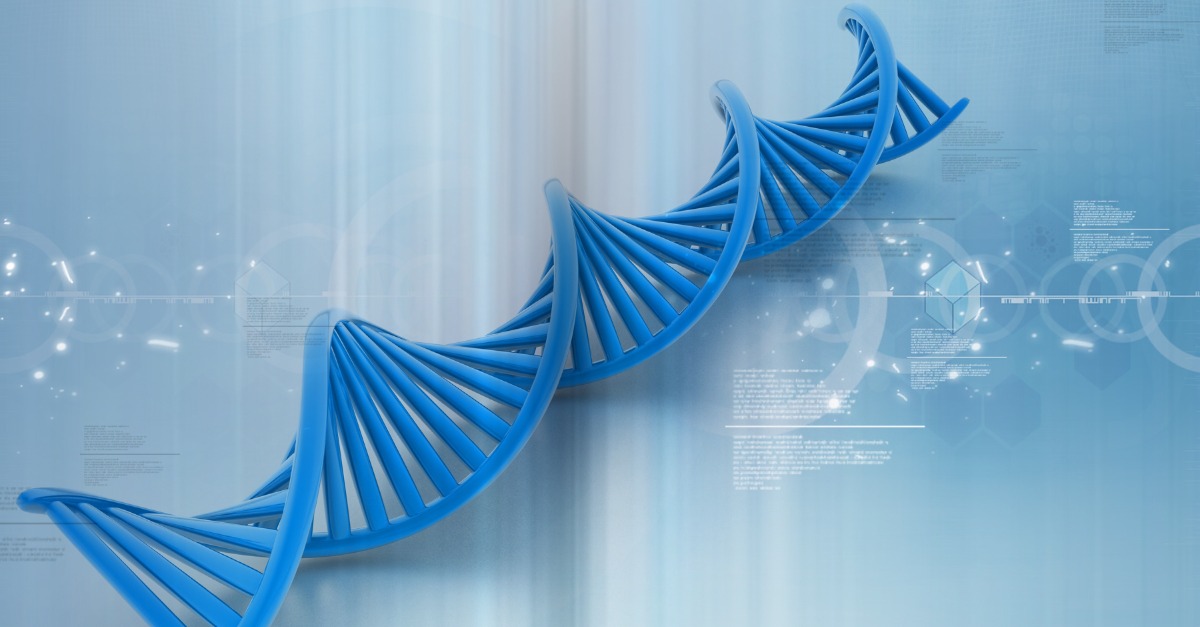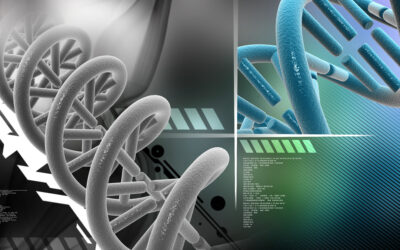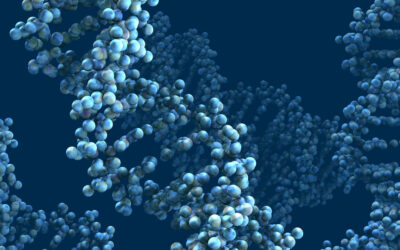Diets based on genetics, often referred to as “genetic-based diets” or “nutrigenomics,” involve tailoring an individual’s dietary choices and patterns to their specific genetic makeup. The underlying concept is that our genetic variations can influence how we process and respond to different nutrients, which can impact our overall health and well-being. Here are a few aspects related to diets based on genetics:
Genetic Testing
The first step in a genetic-based diet is usually genetic testing. This involves analyzing an individual’s DNA to identify specific genetic variations that are relevant to nutrition and metabolism. These tests can provide information about how genes affect factors such as nutrient metabolism, appetite regulation, and food sensitivities.
Macronutrient Ratios
Genetic-based diets may consider an individual’s genetic profile when determining the ideal macronutrient ratios (carbohydrates, proteins, and fats) for their body. For example, some people may have genetic variations that influence their ability to process carbohydrates efficiently, making a lower-carb diet more suitable for them.
Micronutrient Needs
Genetic variations can also affect an individual’s requirements for specific vitamins, minerals, and antioxidants. For instance, some individuals may have variations that impact their ability to absorb or utilize certain nutrients. Genetic-based diets may take these factors into account when recommending specific foods or supplements.
Food Sensitivities and Intolerances
Genetic testing can identify potential food sensitivities or intolerances by examining genes related to digestion and food reactions. This information can help individuals avoid or reduce the consumption of foods that their bodies may have difficulty processing.
Metabolic Rate and Weight Management
Genetic-based diets might consider an individual’s genetic predisposition to weight gain or obesity. Certain genetic variations can influence metabolic rate, fat storage, and appetite control. By understanding these genetic factors, personalized dietary recommendations can be made to support weight management efforts.
Nutritional Guidance and Recommendations
Genetic-based diets provide personalized nutritional guidance based on an individual’s genetic profile. This may involve recommending specific foods, emphasizing certain dietary patterns (e.g., Mediterranean diet), or suggesting lifestyle modifications to optimize overall health based on genetic insights.





